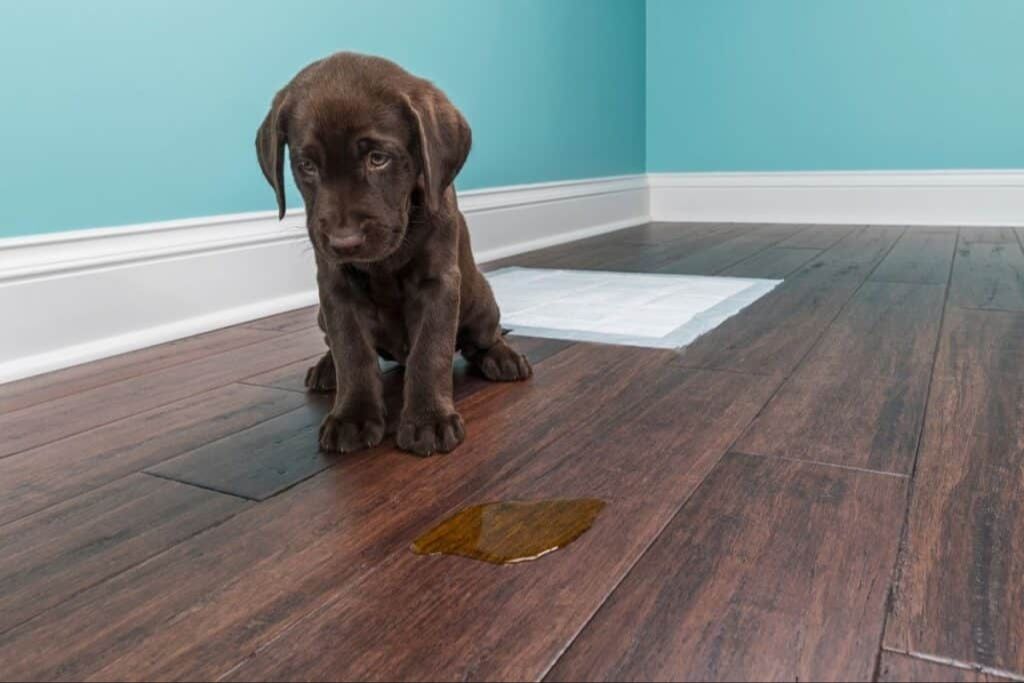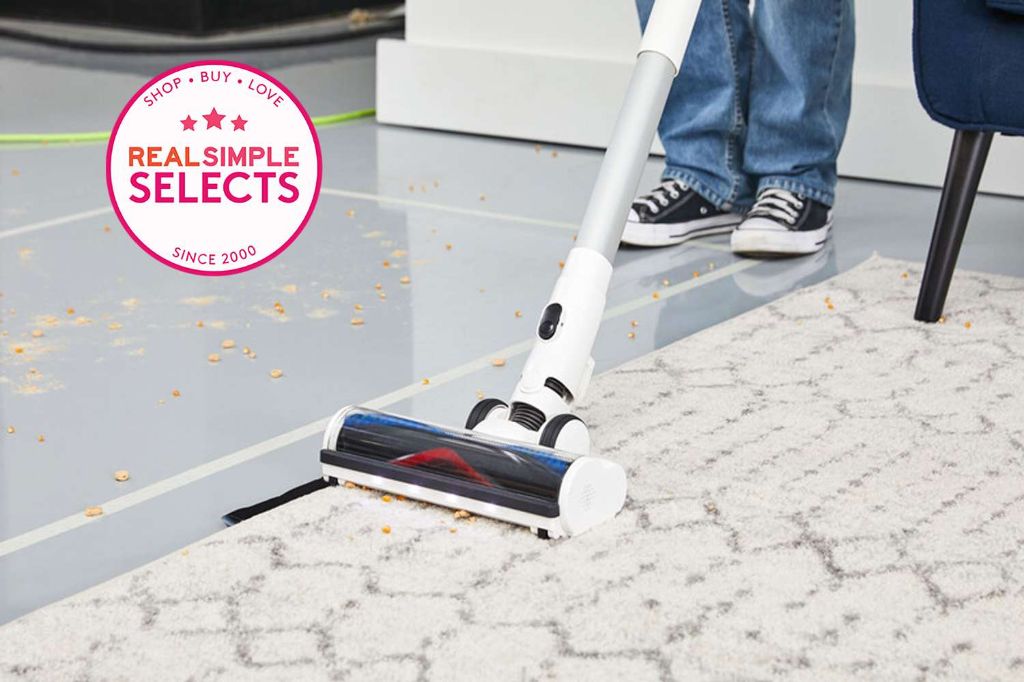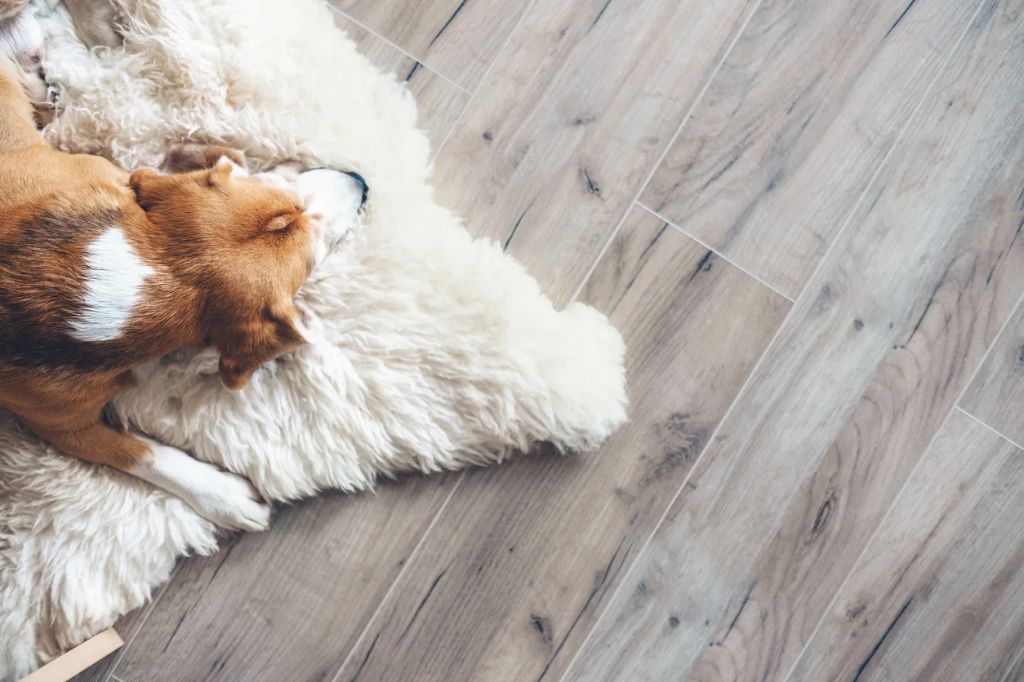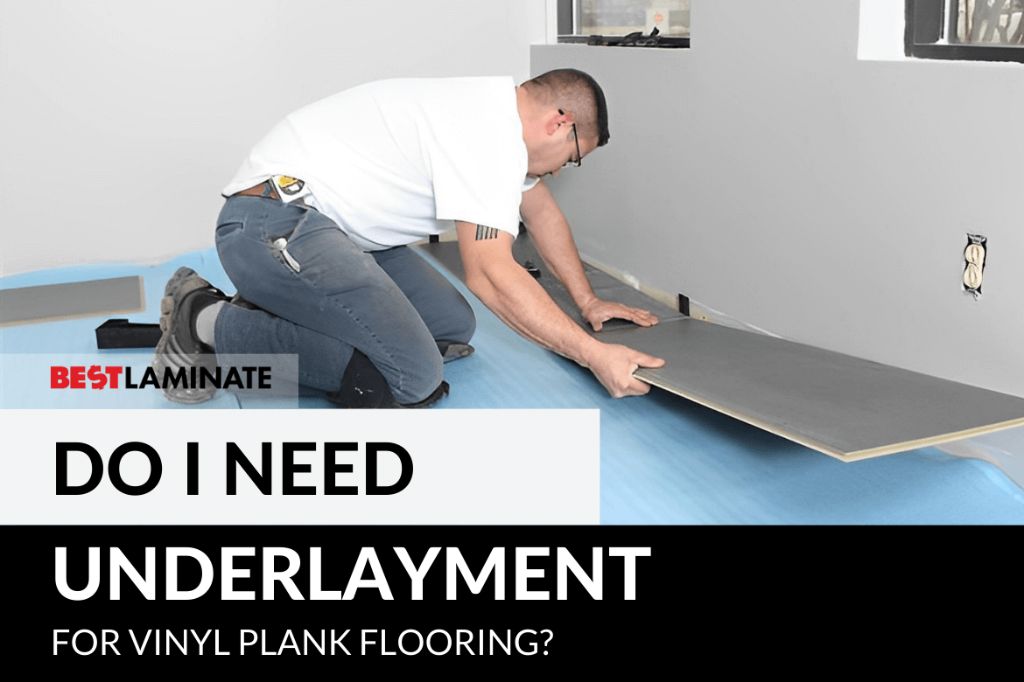Introduction
Luxury vinyl plank (LVP) flooring has become a popular flooring choice for homes with dogs due to its durability, waterproof properties, and realistic wood or stone looks. LVP is made up of multiple layers including a vinyl top layer with a photographic image layer underneath to mimic natural materials like wood, tile, or stone. The core layer is usually made of limestone or PVC composite making it dent and scratch resistant.
Unlike hardwood or laminate, LVP flooring is completely waterproof thanks to the solid vinyl layer on top. This makes it a great option for households with pets that may have occasional accidents. The waterproof, scratch resistant surface also makes LVP ideal for high traffic areas and easy to clean. Most LVP floors have antimicrobial properties as well to inhibit bacteria growth.
While LVP flooring is one of the most durable and low maintenance options for dogs, there are still some considerations in choosing the right LVP, protecting it properly, and maintaining the floors. This article will overview the pros and cons of LVP flooring with dogs and provide tips on choosing the best LVP products, installation, care, and maintenance for a long-lasting floor that can handle pets.
Pros of LVP with Dogs
One of the biggest pros of LVP flooring with dogs is that it is waterproof. LVP flooring is made with a waterproof core and seams are sealed to prevent moisture from seeping through (https://bestfloorfordogs.com/pages/lvp-waterproof-flooring). This makes it an ideal flooring choice for homes with pets that may have accidents. The waterproof barrier prevents spills, urine, and other liquids from damaging the floor underneath. Owners with young puppies or senior dogs that are not yet housetrained will appreciate LVP’s waterproofing abilities. Even minor spills and messes are easily wiped up without permanant damage to the flooring. Overall, the waterproof nature of luxury vinyl plank flooring provides peace of mind for pet owners.

Cons of LVP with Dogs
One potential downside of LVP flooring with dogs is the risk of scratching from dog nails. While LVP is generally quite durable, dog claws can still damage the floor over time if preventative measures aren’t taken.
The main factors that impact scratch resistance are the wear layer thickness and composition. Most LVP flooring has a urethane coating for scratch protection. However, cheaper options may only have a 6-10 mil wear layer, while premium LVP can have a 20+ mil wear layer for enhanced durability (Santa Cruz Floor Store).
Additionally, LVP floors with stone-plastic composite (SPC) cores tend to be more rigid and scratch resistant than floors with a limestone composite core. The most scratch-resistant LVP options use virgin vinyl layers rather than recycled content (Reddit).
Frequent claw trimming and using paw balm or booties can help minimize scratching. But inevitably, LVP will show wear over time with dogs. So pet owners should be prepared for scratches and replace planks as needed.
Best LVP Options for Dogs
When choosing LVP for homes with dogs, it’s important to look for thicker planks with textured surfaces. Thicker LVP planks, around 5-7mm, are more durable and resistant to scratches from dog nails and paws. Textured surfaces like embossed wood looks provide better traction for dogs and prevent slips. According to experts at The Home Depot, reputable LVP brands like COREtec and LifeProof score well on durability tests and have textured surfaces for safety. On Reddit, pet owners recommend Provenza for waterproof and scratch-resistant LVP
Some top LVP product recommendations include:
- COREtec Plus XL Enhanced – 7mm thick planks with textured wood look
- LifeProof Tile & Plank – Rigid 5mm core and embossed surface
- Provenza Maxcore – Waterproof core and textured stone look
Going with a quality LVP designed for pets can provide long-lasting durability and easier maintenance compared to carpets or hardwood prone to scratches.
LVP vs Other Flooring Types
Compared to other popular flooring options like laminate, tile, and hardwood, LVP has some key advantages and disadvantages for homes with dogs.
Laminate flooring is susceptible to water damage and scratches from dog nails, making LVP a more durable option (1). However, laminate is generally cheaper than LVP. Tile is very durable but can be hard and slippery for dogs. Hardwood looks beautiful but scratches easily.
LVP provides waterproofing that laminate lacks, avoiding damage from spills or accidents (2). The vinyl surface resists scratches better than real wood or laminate (3). LVP is also softer underfoot than tile, making it gentler for dogs to walk on. Overall, LVP balances durability, water-resistance, comfort, and visual appeal.
Sources:

(1) https://www.reddit.com/r/HomeImprovement/comments/q9dqxc/lvp_vs_laminate_flooring_with_dogs/
(2) https://www.homedepot.com/c/ab/how-to-choose-the-best-flooring-for-dogs/9ba683603be9fa5395fab90165ed1fe2
(3) https://www.floorcity.com/blogs/flooring-expert/best-flooring-for-dogs
Protecting LVP Floors
Area rugs, runners, and mats are some of the best ways to protect LVP floors from dogs. The rough texture of LVP can wear down a dog’s nails, so the friction from constantly scampering and playing on the floors can cause scratches. Rugs, runners, and mats provide a softer surface for dogs to walk on, while also protecting the floor beneath.
Area rugs in frequently used areas like near doors, in front of dog beds, and underneath food and water bowls are ideal. Runners along high traffic hallways and stairs can shield these surfaces from claws and prevent slips and falls. Mats both inside and out at entrances give dogs a dedicated spot to transition from outside to inside.
Experts recommend using short pile or tightly woven rugs with a slip-resistant rubber backing. Loose weaves can catch nails, so it’s best to avoid shag and fringe. Regularly washing rugs will also keep dirt and debris from grinding into the floor [1].

If possible, move rugs and mats frequently to distribute wear evenly. Routinely trim nails and check paw pads for excess dirt. With some simple precautions, LVP floors can withstand four-legged family members while retaining their beauty.
Cleaning and Maintenance
Regular cleaning and maintenance is important for keeping LVP floors looking their best, especially in homes with dogs. Here are some tips:
Vacuuming: Use a vacuum cleaner at least once per week to pick up loose hair, dirt, and debris. Vacuums with a brush roll or beater bar can fling debris around and damage LVP, so use one with suction only. Attachments like a rubber bristle brush or hard floor tool work best.
Mopping: Mix a spray bottle with warm water and a small amount of pH neutral cleaner. Microfiber mops are ideal for LVP. Mop floors 1-2 times per week and allow to fully dry. Avoid excessive water. See this Reddit thread for pet-safe cleaner options.
Stain Removal: Blot liquid spills immediately with a paper towel. For stubborn stains or pet accidents, use a clean cloth dabbed in warm soapy water or an enzyme cleaner formulated for LVP. Avoid harsh chemicals. Scrub gently and rinse with clear water. Learn more tips here.
Cost Comparison
When it comes to cost, LVP is generally more affordable than hardwood floors. According to https://floorauthority.com/blogs/tips/best-flooring-for-dogs, LVP costs $2-7 per square foot installed, while hardwood can cost $6-15 per square foot installed. This makes LVP a more budget-friendly option, especially for large spaces.
However, LVP may not always be the cheapest option. Vinyl tile flooring can cost as little as $1 per square foot. And carpeting or laminate may also be less expensive in some cases. So it depends on your specific flooring needs and preferences.
When comparing long-term costs, LVP has an advantage over hardwood. Scratches and water damage on hardwood can require sanding and refinishing over time, an expensive process. LVP is more scratch and water-resistant, so it does not require the same level of maintenance and repairs.
Additionally, according to discussions on Houzz, LVP holds up better than hardwood with dogs, meaning fewer repairs needed. So the long-term durability of LVP may make it more cost-effective for pet owners.
Overall, LVP provides an attractive, durable flooring option at a lower upfront cost than hardwood. And it requires less maintenance over time, making it a smart economic choice for dog owners.
Installation Tips
When installing luxury vinyl plank flooring in a home with dogs, it’s important to follow these tips for a successful installation:
First, make sure to acclimate the floors before installation by leaving the planks in the room where they will be installed for at least 48 hours. This allows the planks to adjust to the temperature and humidity of the room (Source).
It’s also critical to install a proper underlayment under the luxury vinyl planks. Choose an underlayment designed for vinyl that provides moisture protection. Padding the subfloor will help absorb impact from pets and cushion the floor (Source).

Follow the manufacturer’s instructions closely during installation. Allow proper expansion gaps around the perimeter and between planks. Taking the time to install the vinyl flooring correctly will ensure it stands up well to dogs.
Conclusion
Luxury vinyl plank flooring can provide several benefits for pet owners, but also comes with some downsides. LVP is waterproof, scratch resistant, easy to clean, and comfortable underfoot, making it a good option for homes with dogs. However, LVP can still suffer wear and tear over time, especially if proper precautions aren’t taken.
The best types of LVP for dogs are stone polymer composite and rigid core luxury vinyl, which are durable and resistant to damage. Proper installation with attention to subfloor preparation is key to getting the most life out of LVP. Reputable brands like Coretec and Karndean provide high quality floors that can better withstand pet claws.
Daily cleaning is important to prevent dirt, hair, and other debris from scratching the floors. Pet owners should also trim nails regularly and place rugs at entryways to minimize wear. While luxury vinyl is one of the most dog-friendly floors, hardwood, tile, and linoleum products can also work well when protected.
Overall, LVP is a great option for dog owners seeking an attractive, easy-care floor. Taking the right precautions and selecting quality materials can help ensure it withstands heavy pet traffic for many years.